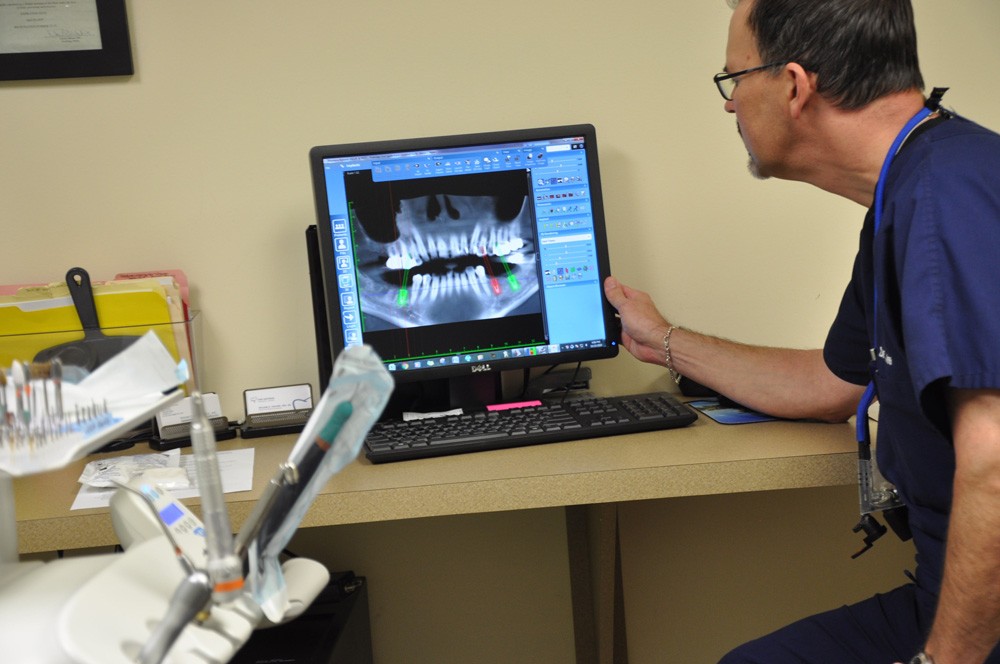This is a good question and one that you should investigate before making the sizable investment of dental implants. Not everyone’s results are the same, so consulting with your dental professional and diagnosing your particular needs are necessary when making important decisions about your dental health.
Modern dental implants have been a successful option for over 30 years. They are the strongest devices available to support replacement teeth – and even better, they allow these new teeth to feel, look and function naturally.
Paired with the proper dental implant surgery, performed by an experienced dental implant professional, and a daily regimen of adequate flossing and brushing, your implant can potentially last a lifetime. With normal wear and tear, a crown or replacement tooth may last for about 10-15 years. Excellent dental hygiene could extend this beyond 15 years.
When there is tooth loss or missing teeth, dental implants are the best option for the most natural function of your teeth. A dental implant procedure is performed by inserting artificial tooth roots. These “roots” or implants are made of titanium and other materials that fuse with the jawbone. Replacement teeth or crowns are then securely placed on those “artificial roots” so that they feel stable and match the other surrounding teeth.

A dental implant can replace one or more permanent teeth that have been lost to an injury, gum disease, tooth decay, or infection. A proper diagnosis will be different for everyone and may result in other dental replacement options such as dentures and bridges. Your dental professional will walk you through these important decisions so that you will have the most successful end result.
To fully understand the anatomy of dental implants, you must first understand some key components:
In general, the exposed abutment and the crown are more susceptible to damage than the implant itself, so that is why good dental hygiene is necessary for the longevity of your dental implant.
Dental Implants are a long term, sustainable option for many adults. Here are Four advantages:
When deciding to invest in your smile with dental implants, restoration is only successful when you practice proper dental hygiene including daily brushing and flossing as well as bi-annual check-ups. Poor oral hygiene practices can lead to gum disease – gingivitis or periodontal disease, which can subsequently lead to dental implant failure. Diabetic patients or patients suffering from pre-existing medical conditions like cancer are also at a higher risk of having dental implant failure.
Dental implants are a viable treatment option for many. To answer any questions you may have or to schedule a consultation, call San Antonio Periodontics and Implants at 210-824-0111. Our professional and friendly dental staff are dedicated to providing you with optimal dental care by determining a treatment plan that is unique to your dental needs. A newly restored and healthy smile is waiting for you!
When you subscribe to the blog, we will send you an e-mail when there are new updates on the site so you wouldn't miss them.